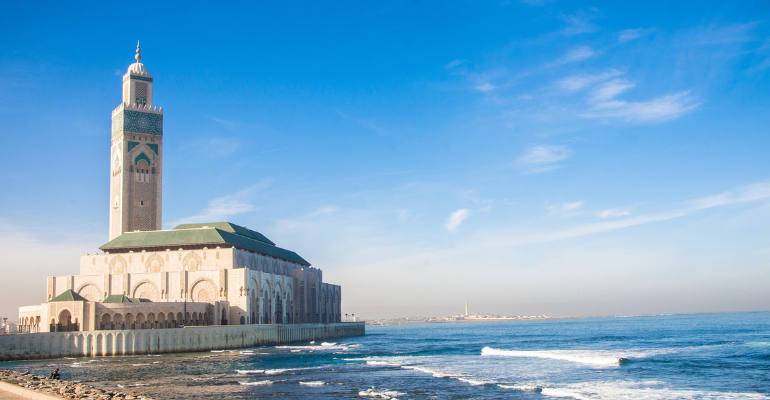In the name of Allāh, ar-Raḥmān (the most merciful), ar-Raḥīm (the bestower of mercy).
One of the most noble hallmarks of Islām is its emphasis on improving communities. For this reason, among the most rewarding deeds is to show care and concern for others and strive to fulfil their needs. Reflecting this noble value, the Prophet ﷺ said:
The most beloved of people to Allāh, the most high, are those who are most helpful towards other people.
The most beloved action to Allāh, the majestic and exalted, is happiness that you bring to a Muslim, an anxiety that you remove from a Muslim, a debt that you pay on his behalf or you suffice him from hunger.
That I walk with my brother [to take care of his] need is more beloved to me than performing i’tikāf in this masjid [i.e. Masjid an-Nabawi] for a whole month.
Allāh will conceal the sins of a person who suppresses his anger; Allāh will fill the heart of a person who suppresses his wrath – even though he could show it – with hope on the Day of Resurrection.
Whoever walks with his brother [to take care of his] need until it is fulfilled, Allāh will make his feet firm on the day when the feet will tremble.
A bad character corrupts actions just as vinegar spoils honey. [1]
Ibn Taymiyyah, raḥimahullah, said,
Whoever loves to achieve the status of the righteous people and resemble the people of peity, let him intend to benefit creation every day in which the sun rises… [2]
Our Prophet was a Prophet of Mercy – salutations of praise and peace be upon him; and our religion is one of care and compassion.
In fact, the virtuous companion Abu Mūsa al-‘Ash’ari narrates, “whenever the Prophet ﷺ would send one of his companions on a mission, he would instruct him,
Give people glad tidings and do not cause people to flee away; Make things easy [for people] and do not make things difficult; Obey [and help] each other and do not differ with each other. [3]
May peace and blessings be upon our beloved Prophet, his family and followers.
Written by the one in need of Allāh,
Abul Abbaas Naveed Ayaaz
Nelson, Lancashire
24th Jumāda al-Awwal, 1436h
Corresponding to March 15th, 2015
Footnotes
[1] Narrated by ‘Abdullah Ibn ‘Umar; Collected by Ibn Abi Dunya in “Qaḍā al-Ḥawāij”.
Albāni said: “Its chain of narration is Ḥasan (good).”(Silsilah as-Ṣaḥīḥah (2/575).
[2] Ibn Taymiyyah; Kitāb al-Imān; page 106.
[3] Narrated by Abu Mūsa al-‘Ashari; Cocomllected by al-Bukhārī & Muslim.
عن عبد الله بن عمر عن النبي ﷺ قال:
أحب الناس إلى الله تعالى أنفعهم للناس، وأحب الأعمال إلى الله عز وجل سرور تدخله على مسلم أو تكشف عنه كربة أو تقضي عنه دينا أو تطرد عنه جوعا.
ولأن أمشي مع أخ في حاجة أحب إلي من أن أعتكف في هذا المسجد (يعني مسجد المدينة) شهرا و من كف غضبه ستر الله عورته ومن كظم غيظه ولو شاء أن يمضيه أمضاه ملأ الله قلبه رجاء يوم القيامة.
ومن مشى مع أخيه في حاجة حتى تتهيأ له أثبت الله قدمه يوم تزول الأقدام.
وإن سوء الخلق يفسد العمل كما يفسد الخل العسل.
وأخرجه الطبراني في “المعجم الأوسط” (6026)، وأبو الشيخ في “التوبيخ والتنبيه” (97)، وقوام السنة؛ الأصبهاني كما في “الترغيب والترهيب”؛ للمنذري (3/265)، واللفظ له.
قال الألباني: ” لكن قد جاء بإسناد خير من هذا، روى ابن أبي الدنيا في “قضاء الحوائج”… قلت: وهذا إسناد حسن فإن بكر بن خنيس صدوق له أغلاط كما قال الحافظ، وعبد الله بن دينار ثقة من رجال الشيخين، فثبت الحديث والحمد لله تعالى.”
راجع: السلسلة الصحيحة ٥٧٥/٢.


